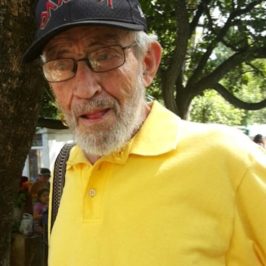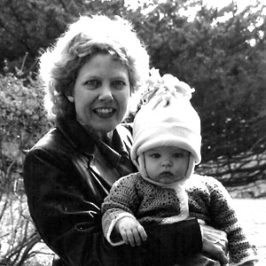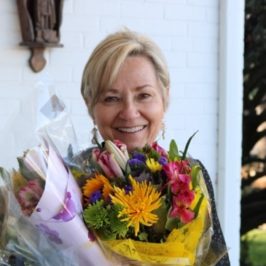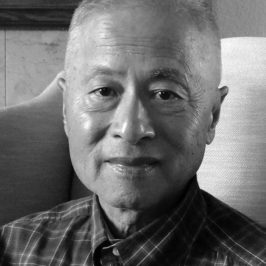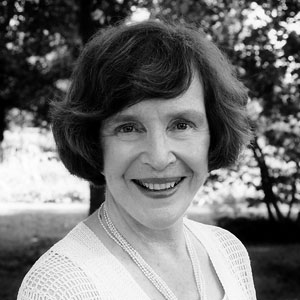
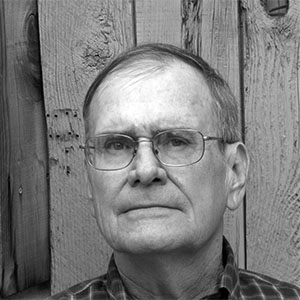
Growing pains, with excerpts by Sarah Dabney and Timothy Reilly.
6 minutes
TRANSCRIPT
Welcome to Burning Bright, a weekly podcast presenting poetry and prose from Passager.
On this episode, two pieces about living in that liminal space between childhood and adolescence.
Sarah Dabney said, “Every so often the memory of my two summers at Lake Placid as an untalented figure skater surfaces, and I wonder how a pipsqueak like myself came into such power, however briefly.” Here’s an excerpt from her memoir “My First Season As a Short Grown-Up.”
I’d sit at one or another of the large round tables assigned to us and bask in just being there, seated between superior beings of thirteen and older who out-skated me by miles. Although I didn’t know most of them, I knew each one’s skating, knew who needed to work on what and who, it was believed, might one day make it to the Olympics.
At the rink, brute seriousness and ambition were personified in Gus Lucey, one of two pros that summer. Everyone in Mrs. House’s group worked with Mr. Lucey except me, who’d been assigned to Walter Arian. I’d have wasted Mr. Lucey’s time, though no one said that. Mr. Arian was considered gentle and encouraging, and quickly saw that I was a happy but relatively ungifted student. Neither of us suffered over that, each geared to work conscientiously while in session, sparing one another comments about my almost flat-line progress and occasionally indulging me in a spin to cheer us up . . .
Both men were Austrian, the same generation, equally medalled. It is Gus Lucey whom I remember vividly. Mr. Arian might have been a cloud, or the lake, somehow indistinct in his nurturing, while Gus was fast and very certain, he of the flashing blades, black slacks topped by a sky-blue sweater, thick black hair. I thought him the handsomest and most accomplished of gods, in a pantheon all his own, was relieved not to be his student and envious of those who were. Dick Button and another of his skaters would one day win the Olympics. I can still see Mr. Lucey chasing the youngest of his pupils in my first summer, poor Joey, and delivering a swat to that plump rump as his mother watched painfully from the sidelines, uncertain which to yell at. Mr. Lucey’s anger was carefully chosen. Sometimes Mr. Arian and I would move out of his way as he streaked after someone who had failed to please, usually because the person wasn’t trying hard enough, in his opinion. What I most admired was that the stakes were high, always high. The whole rink glowed with dogged, joyful ambition. Gus Lucey took me back to the gods and fabulous events in the books I loved. He was preparing such events in real time, before my eyes.
An excerpt from “My First Season As a Short Grown-Up,” Sarah Dabney, Passager Issue 49.
Timothy Reilly is a former professional musician. He said, “In my story, “A Matter of Change,” I strive to balance darkness with light. In this regard, there is no better teacher than Mozart.” Here’s an excerpt.
Lester and I didn’t share any classes but we ate lunch together. He always brought a sack lunch consisting of one bologna sandwich and a bruised and smelly banana. He would use the same brown paper bag for weeks. The bag took on an odoriferous life of its own, and ended its life resembling a fragment from the Dead Sea Scrolls. During our lunch, we’d usually talk about the Space Race or aircraft from the World Wars. Sometimes we’d discuss movies. But on this one occasion, Lester surprised me with a question:
“How can I get a girl to like me?”
It hadn’t occurred to me that Lester would have an interest in girls — he never made any lewd comments. Still, I was flattered that he would assume I’d have an answer. The fact was I had been wondering the same thing myself. My own parents seemed to have sensed my instinctual yearnings, and even though I was in the advanced stages of considering them both fools, I feigned only mild resistance when they enrolled me in the school-sanctioned dance classes.
I echoed to Lester what my parents had said to me: “You need to know how to dance.” Then I added my own two cents: “Girls like guys who can dance.”
I didn’t say so, but I was basing my theory on a memory of the school talent show, in which Johnny Roscoe performed a dance routine with Cindy Woods to a recording of “Sugar Shack” by Jimmy Gilmer and the Fireballs. Johnny and Cindy seemed so adult and confident in their moves; there was none of the childish awkwardness of physical contact between the sexes — they were like movie stars. Everyone believed there was something going on between them off the stage — things that most boys only fantasized about . . .
“Which girl do you want to like you?” I asked Lester.
“Any girl,” he said, in a mournful triplet.
An excerpt from “A Matter of Change,” Timothy Reilly, also from Passager Issue 49.
To subscribe to, or learn more about Passager and its commitment to writers over 50, go to passagerbooks.com. You can download Burning Bright from Spotify, Apple and Google Podcasts, Audible, and a host of other podcast apps.
For Kendra, Mary, Christine, Rosanne, and the rest of the Passager staff, I’m Jon Shorr.

